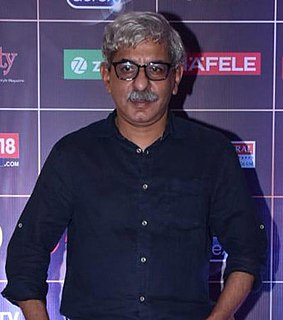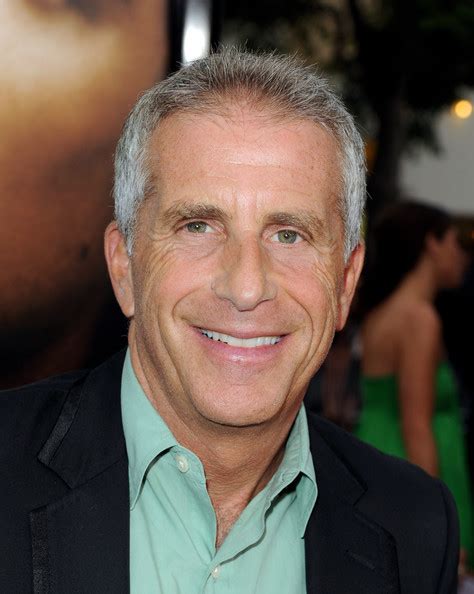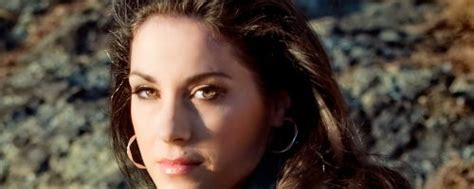A Quote by Steven Knight
I was 21, when I heard the story that inspired this [thriller Allied], and I wasn't even a screenwriter then.
Related Quotes
When you're a screenwriter working on a film, you're not really even welcome on set, even if you know... When I wrote 'Elizabeth' and Shekhar Kapur was a friend of mine, but I wasn't really welcome on set, because the director is God and it's a very difficult position for a screenwriter who's put so much passion into that, into the writing.
I think because it is a very well-saturated story,episode of Justified in Hannibal, and we've all heard it in some frame of a story, we've heard the urban legend of waking up in a bathtub with a kidney missing. It felt like if we are telling an organ-harvesting story, it was really about quickly selling the iconography of an organ-harvesting story, and then being able to mask that as a perfect way for Hannibal Lecter to go shopping for his menu.
My parents telling me that if there is a story you feel compelled to share, then you are responsible for doing that. You can't ask someone else to take on that story - or you can, but you have to deal with whatever the fallout is. If the story doesn't end up being told the way you originally heard it or that you feel it needs to be expressed, that's on you.
I am inspired by thinkers. I am inspired by rebellion. I am inspired by children. I have been inspired by love. I have been inspired by heartbreak. I try to take everything that comes at me in life. There have been times in my life that I didn't handle things... right. But even though you stumble, you still kind of get through it.



































